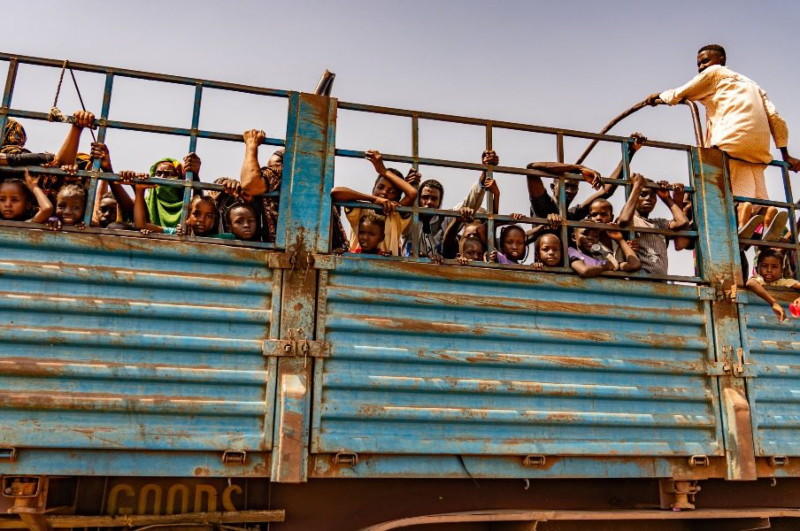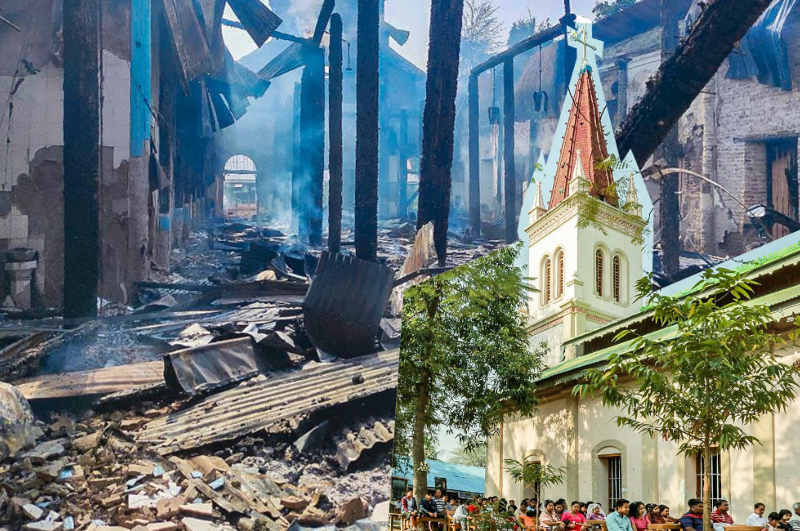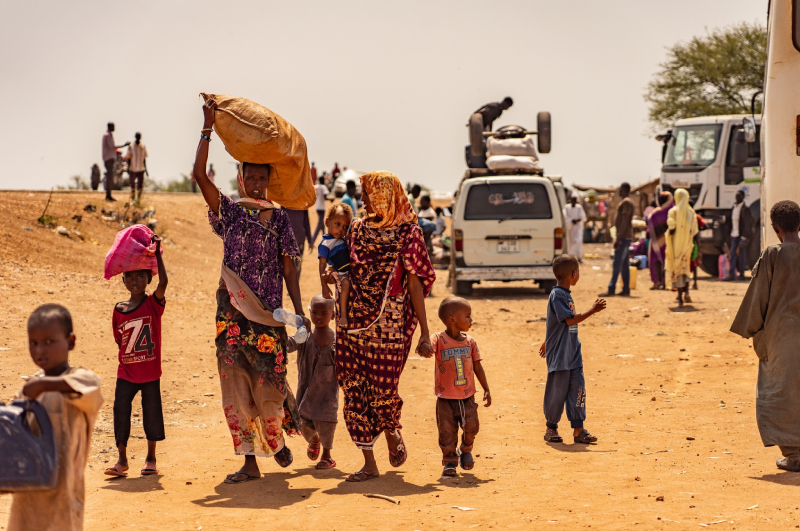

The Jesuit Refugee Service (JRS) in Adjumani, Uganda, is playing a vital role in supporting and accompanying refugees in three settlements within the Diocese of Arua.
These settlements—Ayilo 1, Ayilo 2, and Boroli—are home to a growing number of Christian refugees, prompting the need for strengthened faith formation and catechesis, especially among the youth and children.
At the forefront of this mission are women, particularly mothers, who have taken on the responsibility of nurturing the spiritual lives of young people within the refugee families. Through women's support groups, these mothers have instilled values and virtues in the children and youth, playing a crucial role in shaping their characters. Additionally, the six chapels under JRS’s pastoral care—St. Bakhita, St. Daniel Comboni, St. Peter, St. Paul, Christ the King, and Holy Rosary—have seen the emergence of new Catholic women leaders within their communities.
These women leaders are more than just caregivers—they are pastoral agents driving positive change within the settlements. They are instrumental in teaching faith, fostering harmony, and serving as role models for others in their communities. To further enhance their leadership roles, JRS organized a two-day leadership training and retreat to strengthen their influence and capabilities.
On August 15, coinciding with the Solemnity of the Assumption of the Blessed Virgin Mary, a leadership training was held for 30 women leaders from the six chapels. Led by Fr. Victor Awity, SJ, the event took place at the multipurpose hall in Adjumani District and began with a celebration of the Eucharist.
The training provided the women with valuable insights into leadership, equipping them with the skills needed to thrive in their roles within the refugee settlements. The sessions also included pastoral coaching and an overview of the sacraments, reinforcing their spiritual foundation and commitment to guiding their communities. Importantly, the training emphasized unity, peace, and collaboration among women leaders, particularly as they come from diverse ethnic and cultural backgrounds in South Sudan.
The day was marked by joy and camaraderie, with participants sharing a meal and refreshments, celebrating their newfound empowerment and the sense of community that had been fostered. This leadership training has not only uplifted the women but has also strengthened the bonds within the refugee settlements, ensuring a brighter and more harmonious future for all.
Through this initiative, JRS continues to empower women to be pillars of faith and leadership, fostering unity and peace in the midst of adversity.
Related Articles



Select Payment Method
Pay by bank transfer
If you wish to make a donation by direct bank transfer please contact Fr Paul Hamill SJ treasurer@jesuits.africa. Fr Paul will get in touch with you about the best method of transfer for you and share account details with you. Donations can be one-off gifts or of any frequency; for example, you might wish to become a regular monthly donor of small amounts; that sort of reliable income can allow for very welcome forward planning in the development of the Society’s works in Africa and Madagascar.
Often it is easier to send a donation to an office within your own country and Fr Paul can advise on how that might be done. In some countries this kind of giving can also be recognised for tax relief and the necessary receipts will be issued.





